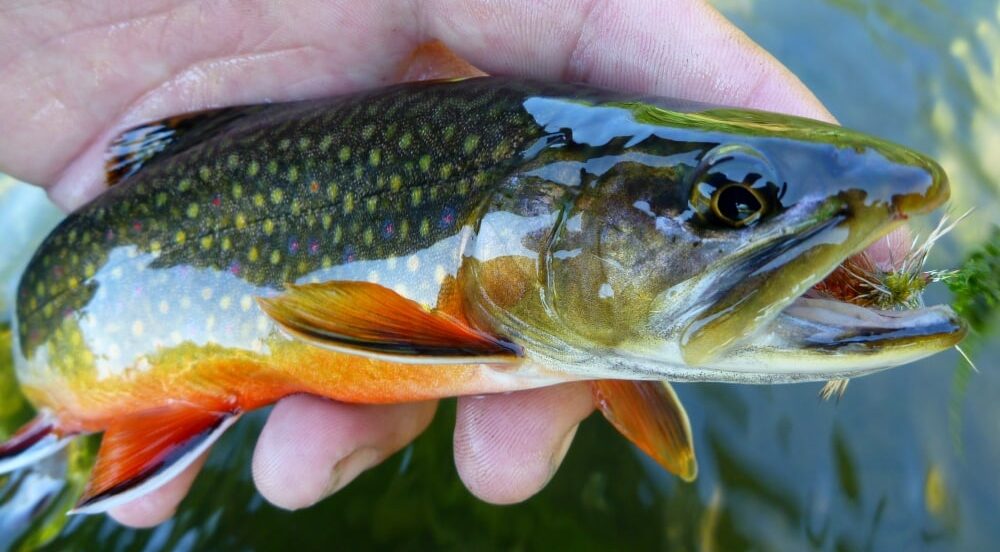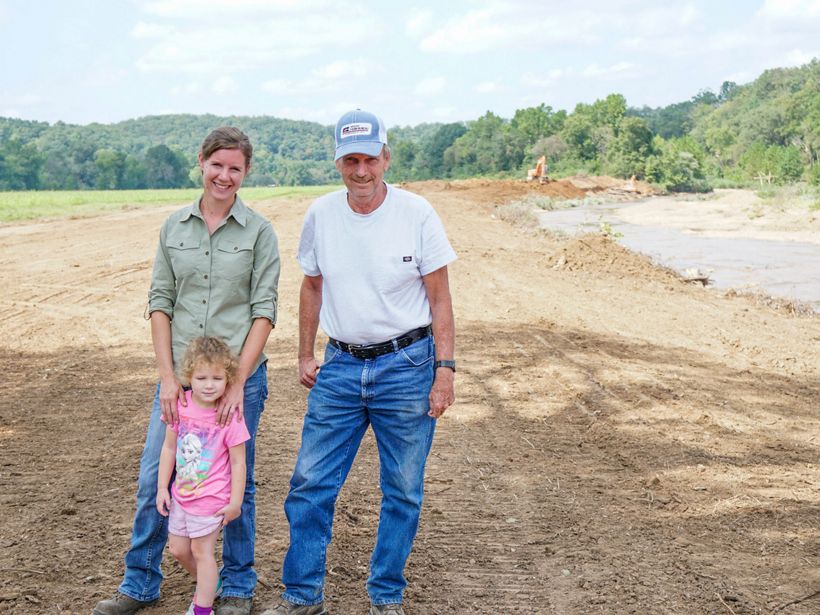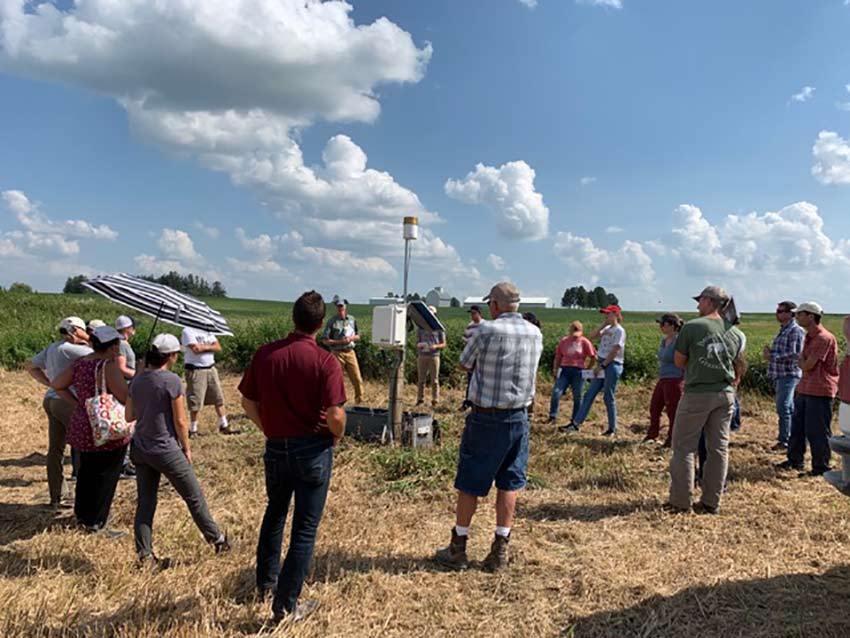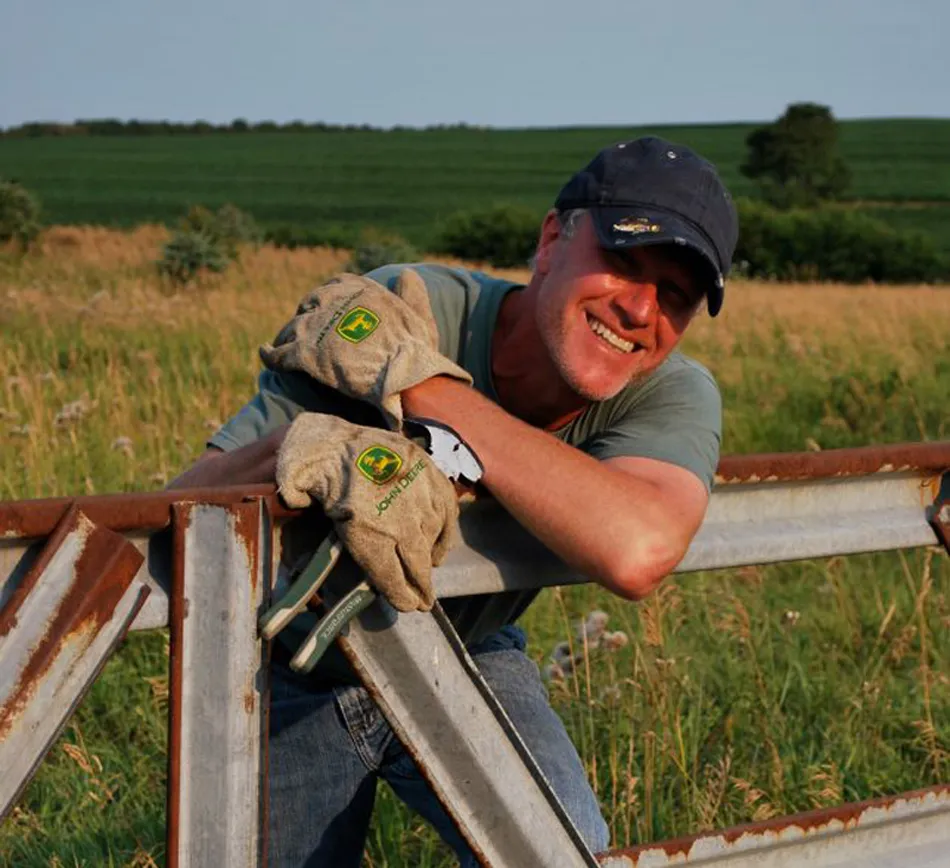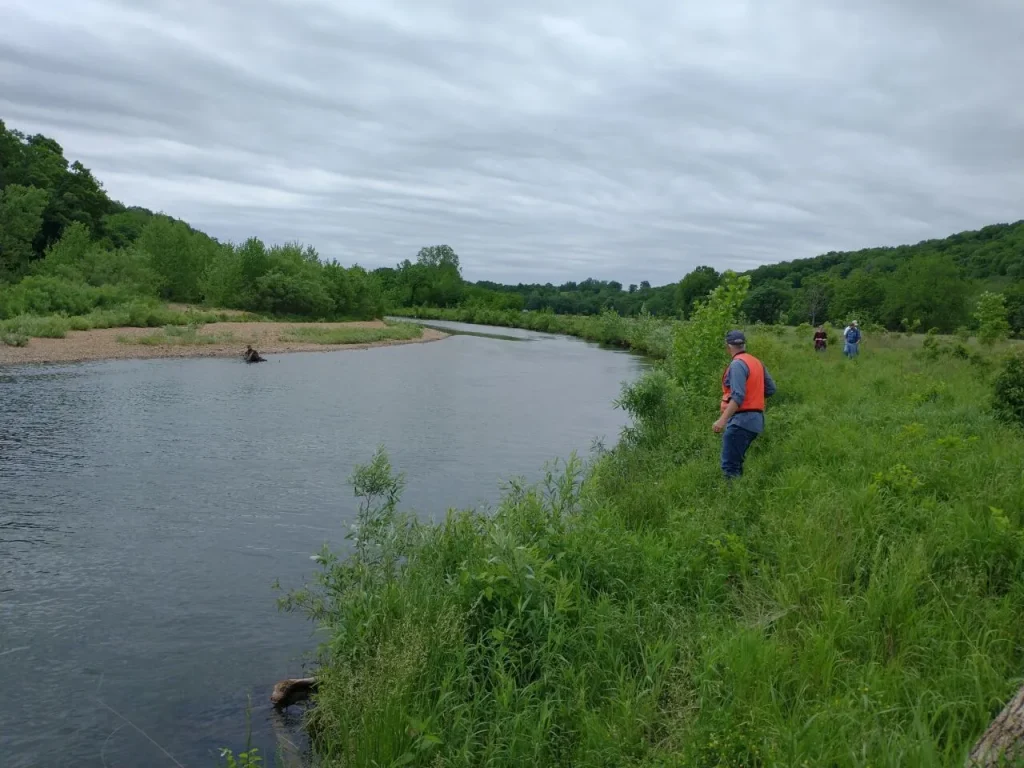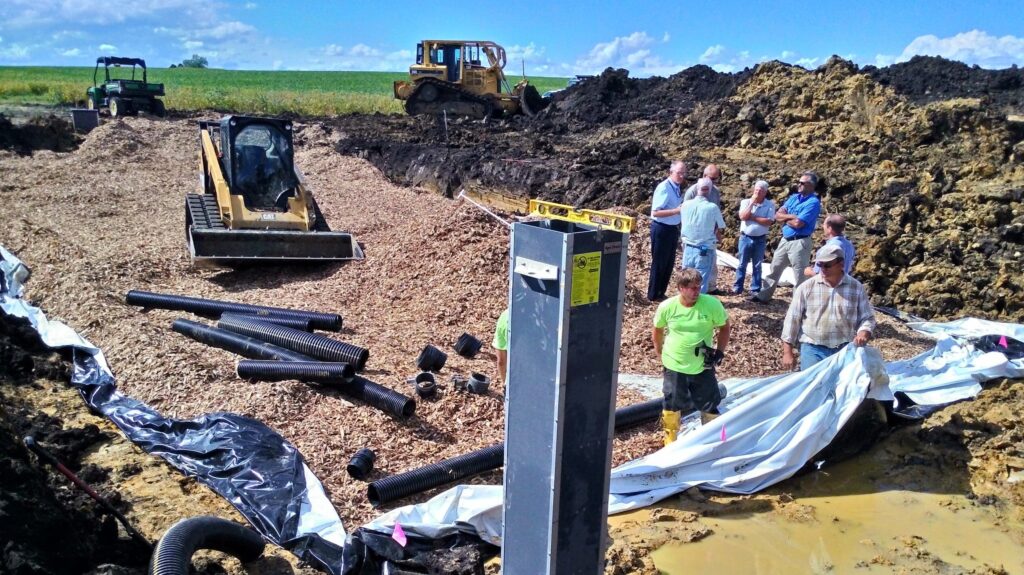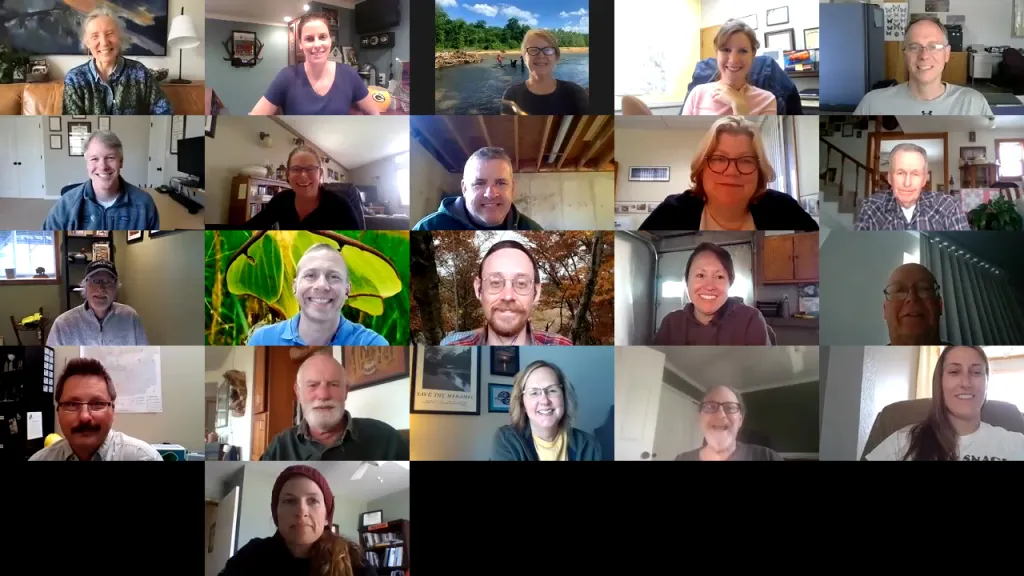Huzzah/Shoal Creek Woodlands for Wildlife
Huzzah/Shoal Creek Woodlands for Wildlife is a bottom-up, self-organized farmer-led committee that began with a conversation between landowners and conservation organizations in 2008.
Read MoreVermillion Headwaters Watershed Partnership
American Farmland Trust is working with local stakeholders through the Vermilion Headwaters Watershed (VHW) Partnership to support the adoption of well-managed conservation cropping systems, leading to improvements in water quality…
Read MoreMiddle Cedar River Watershed
Our project is aligned with state goals to reduce nutrient pollution we contribute to the Upper Mississippi by 45%. We work in collaboration with federal, state, county, private and local…
Read More2013 | Bourbeuse / Meramec River Watershed
Farmers and Missouri Department of Conservation are implementing managed grazing to add value to farms and reduce sedimentation, nutrient loading & streambank instability.
Read More2017 | Shoal Creek Watershed
Farmers, Shoal Creek Woodlands for Wildlife Partnership and Ozark Land Trust are implementing a Marketing Action Plan to increase infiltration, improve stream channel habitat and reduce sediment and nutrient loading.
Read MoreAddressing water quality connects neighbors in Blackhawk Creek Watershed
Blackhawk Creek carries E. coli bacteria and 2,720 tons of nitrates to the Cedar River annually. Neighbors established Blackhawk Creek Water & Soil Coalition to restore it.
Read MoreLandowner-led effort jumpstarts conservation practice adoption
Shoal Creek Woodlands for Wildlife, a bottom-up, self-organized group of local landowners and collaborators, connected neighbors and jumpstarted rapid adoption of conservation practices across the watershed.
Read MoreNeighbor to Neighbor | Middle Cedar Partnership Project & Black Hawk Creek Coalition
Learn how flood damage and high Nitrogen counts led Cedar Rapids’ Utilities Director Mike Kunst and farm owner Clark Porter into a web of connection and action.
Read MoreBoots on the Ground | Shoal Creek Woodlands for Wildlife
A 2008 conversation made conservation easier in Rachel Hopkins’ watershed. “There wasn’t much trust between farmers and conservationists,” she says, “but we said what bugged us and formed a farmer-led committee.”
Read More